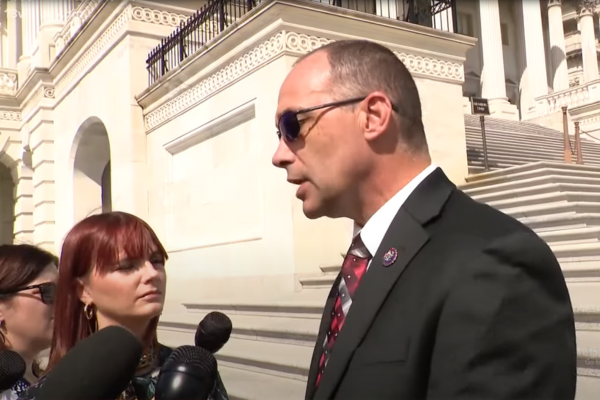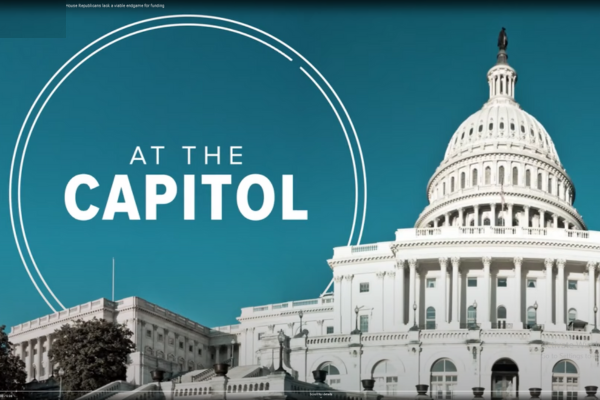The looming threat of a Government Shutdown is a subject that has gripped the nation’s attention in recent years. The possibility of federal workers going without paychecks and essential services coming to a halt is a situation that no one wants to see. In this comprehensive guide, we will break down what happens during a government shutdown and who bears the brunt of its impact.
Military and Defense : Impact of Government Shutdown
When a Government Shutdown strikes, the U.S. military remains operational. However, roughly half of the Pentagon’s civilian employees—approximately 400,000 people—face furloughs. Contracts awarded prior to the shutdown continue, but new ones, including renewals or extensions, are put on hold. Payments to defense contractors may experience delays, affecting companies like Boeing, Lockheed Martin, and RTX.

Transportation : Impact of Government Shutdown
Airport security screeners and Air-Traffic Control workers are required to work during a shutdown. Absenteeism among these workers can, however, disrupt airport operations. Training for new Air Traffic Controllers halts, potentially worsening the shortage of qualified workers.
Law Enforcement : Impact of Government Shutdown
Federal Law enforcement agencies, such as the FBI, the Drug Enforcement Administration, and the Secret Service, continue their essential operations. Criminal prosecutions carry on, but most civil litigation gets postponed. Border Patrol, Immigration Enforcement, and Customs Officers remain on duty.
Foreign Affairs : Impact of Government Shutdown
U.S. Embassies and Consulates stay open, ensuring passport and visa processing continues. However, non-essential official travel, speeches, and events are scaled down. Some foreign aid programs may run out of funding.
Science and Research : Impact of Government Shutdown
Scientific Research is disrupted, affecting agencies like the National Institutes of Health, the National Science Foundation, and the National Oceanographic and Atmospheric Administration. NASA’s operations are curtailed, with many employees facing furloughs.
The Stakes: Funding for a New Fiscal Year
At the heart of every government shutdown is a budget battle in Congress. The fiscal year begins on October 1, and if lawmakers fail to pass a budget or a continuing resolution to fund the government, a shutdown occurs. This situation leads to a partial or complete cessation of government services and furloughs for Federal workers.
The Economic Impact
A Government Shutdown can have significant economic repercussions. It may cut into fourth-quarter GDP growth and erode confidence in the nation’s ability to keep its government open, both domestically and on a global scale.
Health and Safety
The Centers for Disease Control and Prevention continue to monitor disease outbreaks, but other public health activities may suffer due to furloughs. The National Institutes of Health furloughs most of its staff, delaying new clinical trials.
Financial Regulation
The Securities and Exchange Commission suspends most activities, with only a skeleton staff available for emergencies. The Commodities and Futures Trading Commission also furloughs most of its employees, ceasing oversight, enforcement, and regulation.
National Parks and Natural Resources
The status of national parks during a shutdown varies. In some instances, they remain open with limited services, while in others, they are closed. Wildfire fighting efforts persist, but timber sales on national forest lands slow down.
Social Services and Benefits
Social Security, Medicare, Medicaid, and veterans’ benefits continue as usual. However, most inspections of hazardous waste sites, drinking water, and chemical facilities stop.
The Path to Shutdown
Government shutdowns are characterised by political disputes, especially in budget matters. In case of no agreement by Congress regarding funding of the government for the next monetary year, critical services along with the employees of the federal become victims in the game having to pay a high price.
The Way Forward
A government shutdown may remind policy makers to work together instead of playing partisan games with taxes people pay or borrowed money. It’s a situation which really brings home how people in everyday life are affected by political gridlock.
As the nation watches and waits to see how this unfolds, one thing remains clear: high stakes with serious implications. Now, its time for bipartisan leaders to come together and agree in favor of the needs of the American people. As only cooperation can help us overcome the negative aspects of Economic and Social effects of Government Shutdown.




